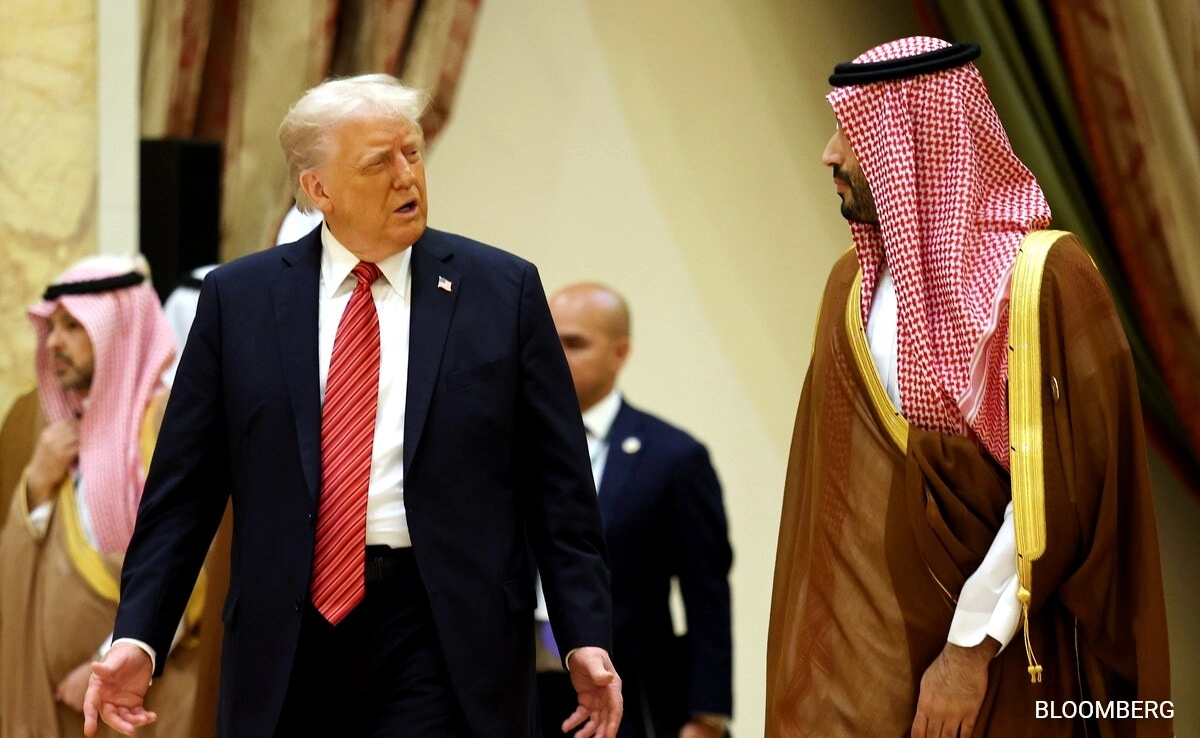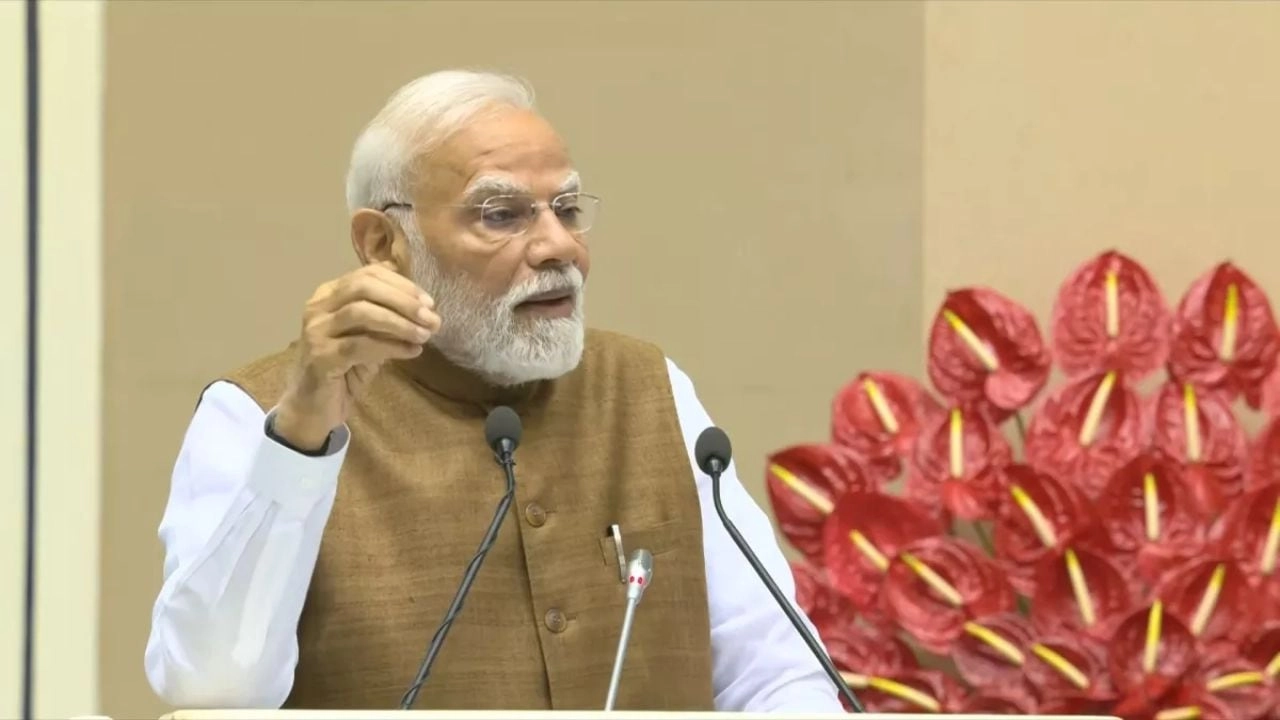The United States has urged the Group of Seven (G7) nations to consider imposing tariffs on India and China in response to their continued purchases of Russian oil. This recommendation comes as part of a broader strategy to enhance pressure on Russia amid ongoing geopolitical tensions stemming from the conflict in Ukraine. The U.S. government is particularly concerned that India and China, both of which have significantly increased their imports of discounted Russian crude oil, are undermining the sanctions imposed by Western nations. These sanctions were designed to isolate Russia economically and limit its ability to finance its military operations.
The G7, which includes Canada, France, Germany, Italy, Japan, the United Kingdom, and the United States, has been at the forefront of international efforts to impose economic penalties on Russia. The group has previously agreed on price caps for Russian oil to decrease Moscow’s revenue without significantly disrupting global oil markets. However, the growing volumes of Russian oil being imported by India and China at discounted rates pose a challenge to these measures. The U.S. administration argues that by imposing tariffs on these countries, the G7 can further discourage their engagement with Russian oil exports, thereby tightening the economic noose around the Kremlin.
This push for tariffs reflects the U.S. administration’s commitment to maintaining a united front among allies against Russian aggression. It underscores the complexities of global oil markets, where countries like India and China are looking to secure energy supplies at lower prices, even if it means engaging with sanctioned nations. The suggestion to impose tariffs also highlights the broader implications of energy dependency and the geopolitical dynamics that influence energy trade. As nations navigate their energy needs while adhering to international sanctions, the balance between economic interests and political alliances remains delicate.
While the U.S. faces challenges in convincing other G7 members to adopt such measures, the proposal serves as a reminder of the ongoing international debate surrounding energy security and economic sanctions. The effectiveness of tariffs as a tool to modify the behavior of India and China is uncertain, especially given their strategic interests and energy demands. Nevertheless, the U.S. initiative signifies a proactive approach to addressing the evolving landscape of energy politics and highlights the necessity for coordinated action among allied nations to confront the challenges posed by Russia’s actions in Ukraine.




